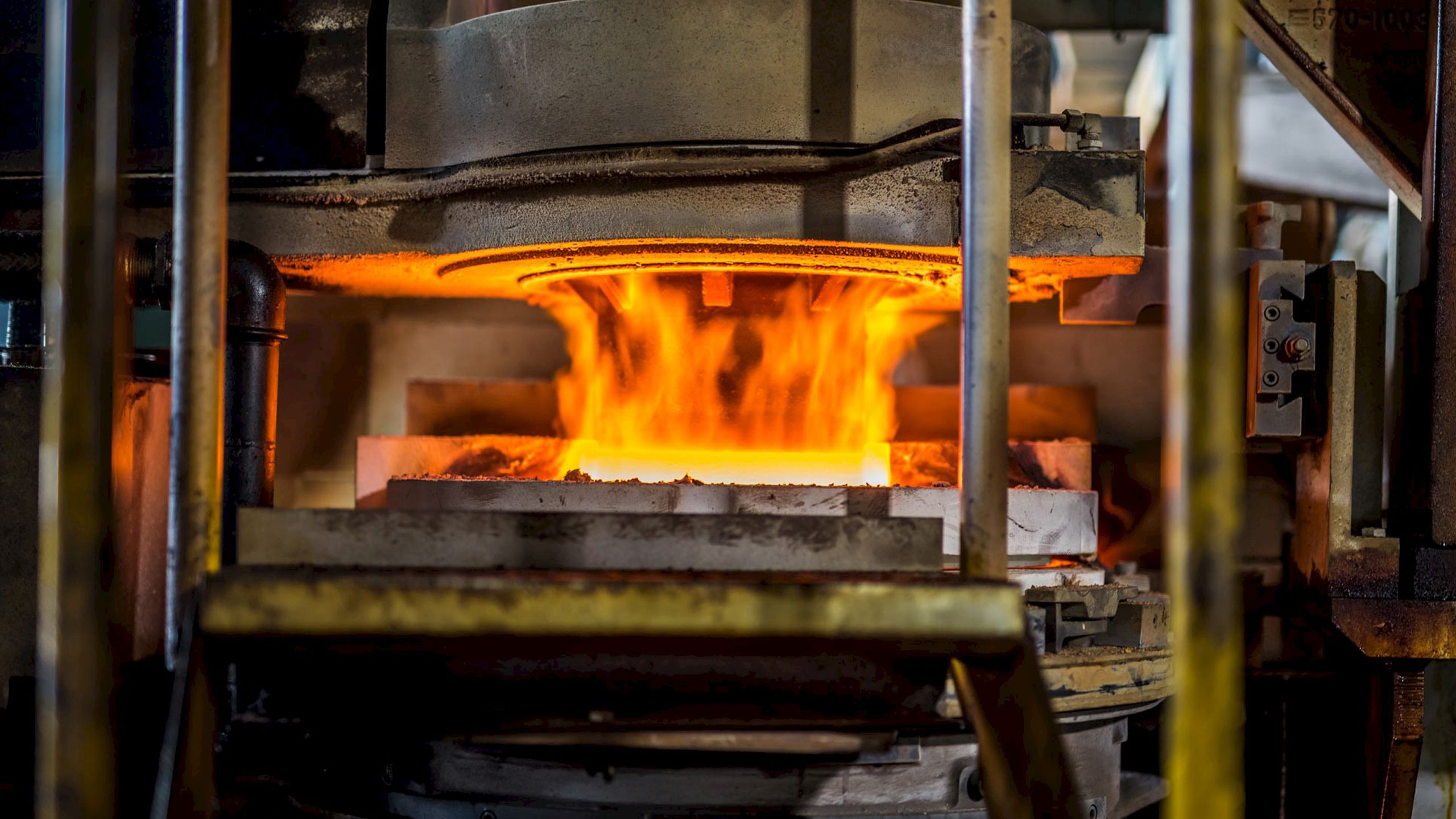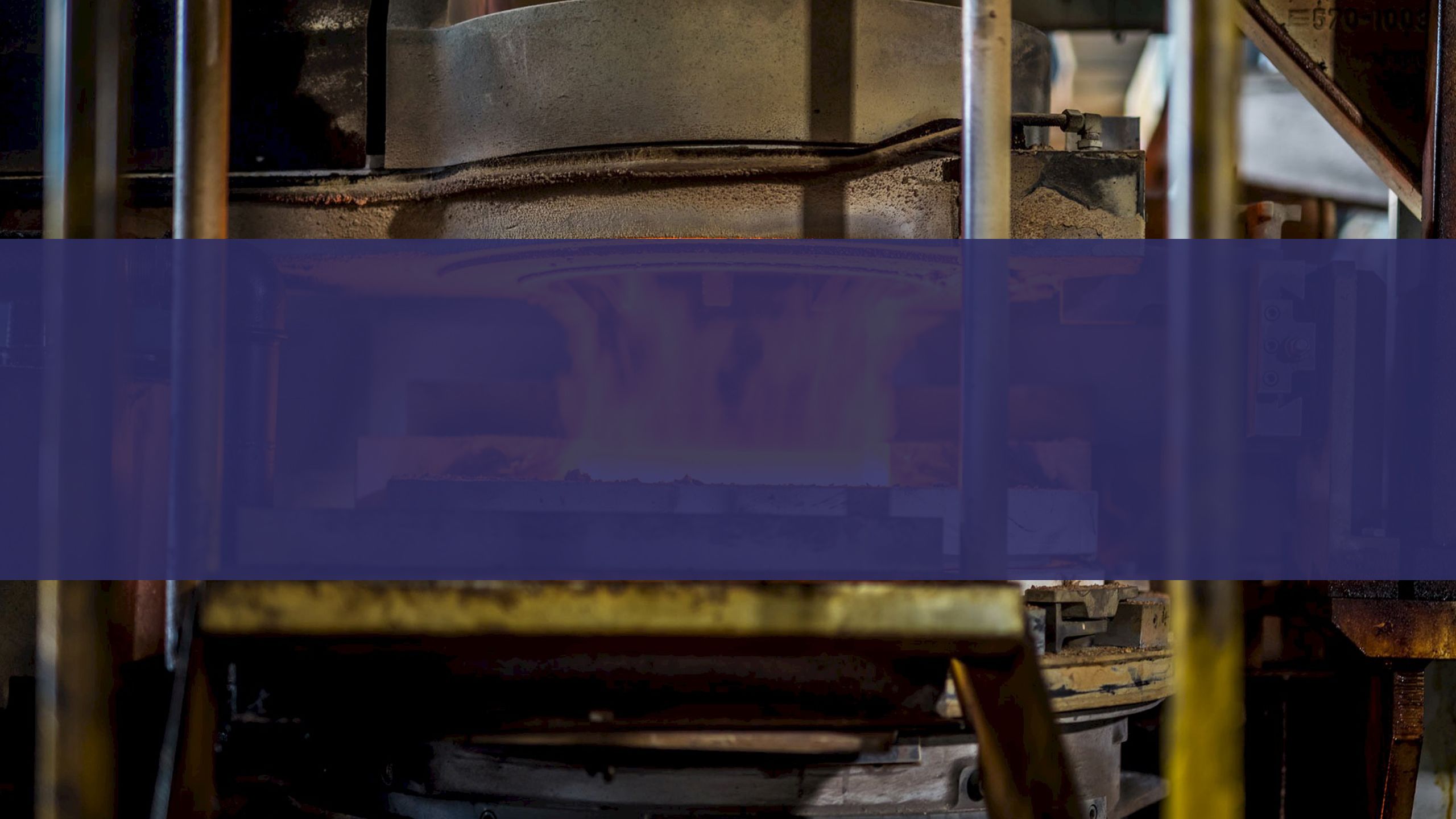Hybird AI6S
AI6S – AI lean six-sigma process optimisation for energy efficiency and waste reduction in foundation industries

Hybird AI6S
AI6S – AI lean six-sigma process optimisation for energy efficiency and waste reduction in foundation industries
Using digital tools to optimise energy-intensive industrial processes, enabling foundation industries to reduce their carbon footprint and increase productivity.
Like many foundation industries, steel production is energy-intensive, and the end product must meet exacting standards. If a steel alloy fails to match precise specifications for an aerospace or nuclear component, for example, then the whole process must start again – using more energy resources and also taking up valuable production time.
Funded by the Transforming Foundation Industries (TFI) challenge, Hybird Ltd, a tech company specialising in AI software for heavy industry, is developing AI6S (Artificial Intelligence Six Sigma), a digital toolkit to optimise energy-intensive processes in the foundation industries. Crucially, the technology will identify improvements that can minimise energy consumption and waste and help achieve the 'right first time' production and, as a result, increase productivity.
Six Sigma strategies seek to improve manufacturing quality by identifying and removing the causes of defects and minimising variability in processes. Within the foundation industries, many of the manufacturing processes have parameters that have the potential to be optimised. For example, when heating the metal in a furnace, there is the time it takes to get to temperature, a time when that temperature needs to remain stable, and then a cool-down period. Potential improvements could be made at each of those points and transitions.
"Our technology takes a machine-learning based approach, which models the process and identifies the optimal parameters," explains AI6S project lead Jamil Kanfoud of Hybird Ltd. "The challenge is that this type of manufacturing requires multi-objective optimisation. It's not enough for the algorithm to just reduce energy, it must do so in a way that results in a quality product."

"The challenge is that this type of manufacturing requires multi-objective optimisation. It's not enough for the algorithm to just reduce energy, it must do so in a way that results in a quality product."

Working with industry partners Abbey Forged Products Ltd and Glass Technology Services, the Hybird Ltd team collected sensor data measuring time, energy and quality parameters from industrial processes to train the deep learning frameworks. Before building a foundation industries specific six-sigma framework and platform, they collaborated with Brunel University London to develop algorithms that simulate and optimise these processes.
The optimisation algorithms achieved a 50% reduction in heat treatment plus an improved quality of material in steel industry processes. "We were able to demonstrate a significant reduction in failure. In a manufacturing setting, this means increased production with no additional energy because machinery produces quality products without spending time redoing mistakes. We saw a 25% increase in production," says Kanfoud.
Following the project's success, Hybird Ltd has established a platform to collect further customer data to create packages relevant to individual industries. It aims to bring the technology to market in 2024/5 as a module for its existing industry software.
"The project explored steel and glass, and we are already in discussions with a cement manufacturer, but this technology has potential benefits to any manufacturing process that needs a reduction in energy or improvement in quality," says Kanfoud. "It has relevance to all foundation industries."

Working with industry partners Abbey Forged Products Ltd and Glass Technology Services, the Hybird Ltd team collected sensor data measuring time, energy and quality parameters from industrial processes to train the deep learning frameworks. Before building a foundation industries specific six-sigma framework and platform, they collaborated with Brunel University London to develop algorithms that simulate and optimise these processes.
The optimisation algorithms achieved a 50% reduction in heat treatment plus an improved quality of material in steel industry processes. "We were able to demonstrate a significant reduction in failure. In a manufacturing setting, this means increased production with no additional energy because machinery produces quality products without spending time redoing mistakes. We saw a 25% increase in production," says Kanfoud.
Following the project's success, Hybird Ltd has established a platform to collect further customer data to create packages relevant to individual industries. It aims to bring the technology to market in 2024/5 as a module for its existing industry software.
"The project explored steel and glass, and we are already in discussions with a cement manufacturer, but this technology has potential benefits to any manufacturing process that needs a reduction in energy or improvement in quality," says Kanfoud. "It has relevance to all foundation industries."
